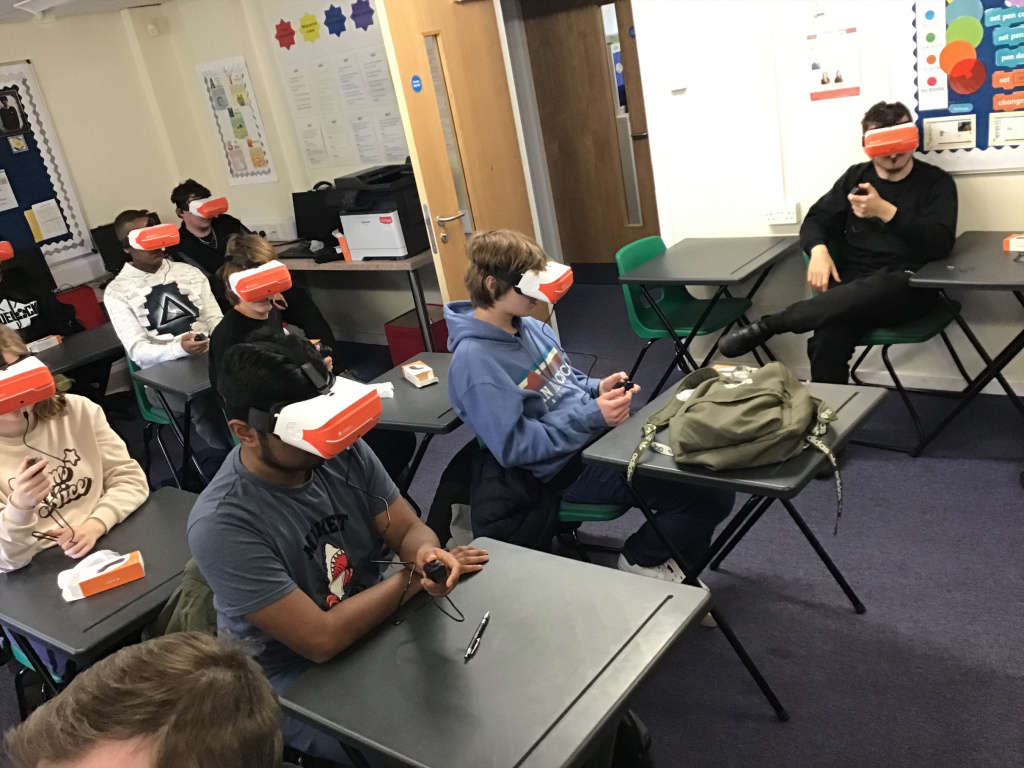
Students with special educational needs and disabilities (SEND) face a unique set of challenges in educational settings, from accessing the curriculum to developing essential life skills.
Autistic students often struggle more than most because of the wide range of symptoms associated with the condition, and they are likely have lower attainment levels on average. Misunderstanding of autistic spectrum disorder (ASD) and the long wait to get a diagnosis can add to the difficulties faced by autistic students in school.
The amount and type of specialist support provided for autistic students, including academic, social, emotional and mental health, can make a difference to their outcomes. However, the support available varies considerably across the country and between schools.
Thankfully, there are a growing number of resources available for schools and teachers that allow them to provide support. Modern educational technology is helping to transform the experience of autistic and neurodiverse students, providing innovative solutions to overcome some of the challenges they face in the classroom and beyond.
Virtual reality and augmented reality (VR/AR) are used in classrooms around the world to deliver exciting and impactful lessons across a range of subjects. The combination of immersive and interactive features inherent in VR/AR can have a significant impact on student outcomes and can have particular benefits for autistic students.